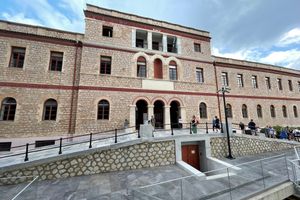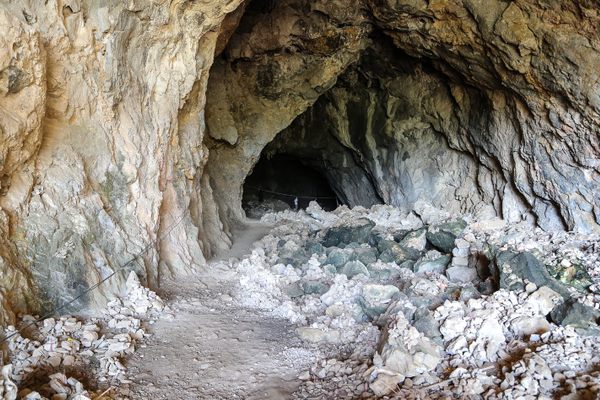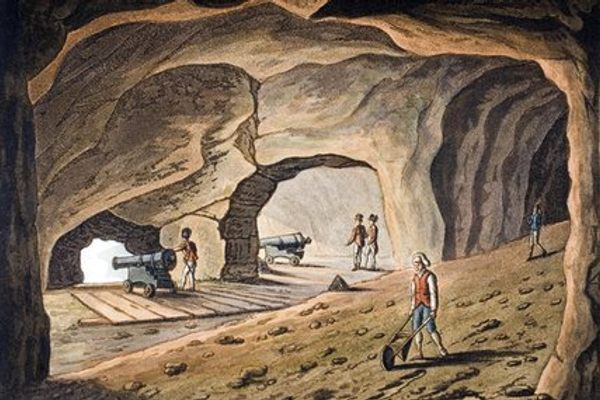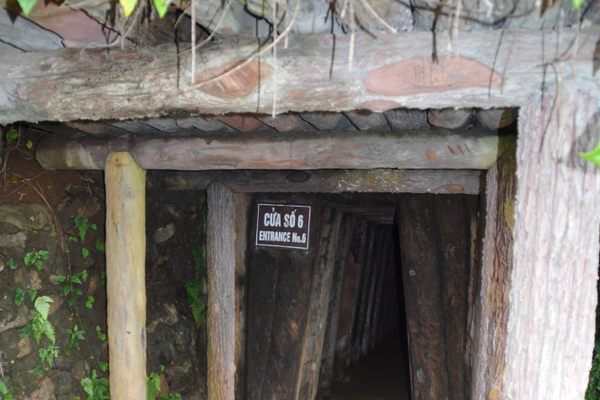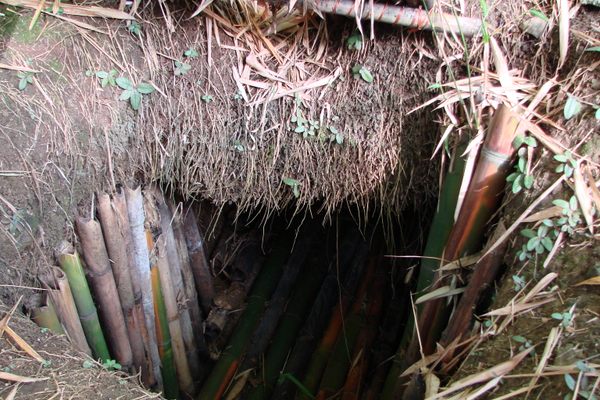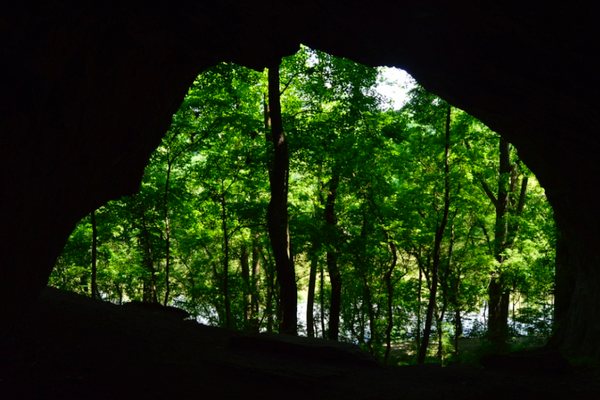About
In 1938, officials of the Greek Ministry of Culture took note of Adolf Hitler and Benito Mussolini’s aggressive actions and viewed their expansionist rhetoric as a direct threat to Greece. These officials anticipated the potential need to protect the most valued treasures of the country from war and developed a plan that included multiple methods of protection. One of these methods was storing artifacts in nearby caves.
At the outbreak of the Greco-Italian War in October 1940, the Ministry’s Archaeology Department was directed to implement their part of the plan. Their responsibilities included coordinating with the National Archaeological Museum to move some of the most valuable items inside the museum and the Acropolis to large caves on the northern slope of Filopappou Hill.
Over a six-month period, artifacts were discreetly moved into these caves in the middle of the night during new moon phases. Once the artifacts were properly stored and protected, the cave entrances were sealed with concrete. The operation was completed on April 17, 1941.
On April 27, 1941, German troops entered Athens. The following day, German officers entered the National Archaeological Museum to determine what items would be seized and transferred to Berlin. To their surprise, the museum had bare walls and empty display cases. Over the next several weeks, German forces interrogated the museum staff on the whereabouts of the artifacts. None of the staff revealed the location, which was kept secret until Athens was liberated in 1944.
At the end of the war, the artifacts were safely recovered and moved back into ministry control. Large metal gates were left at the cave entrances for safety purposes and the caves are now occupied by a colony of land tortoises.
Related Tags
Know Before You Go
Signage refers to these caves as the "Socrates Prison." Professionals disagree on this with the majority believing that Socrates was imprisoned in a building located in the southwest corner of the Athenian Agora.
The area is not well lit at night and caution should be taken when visiting after dark.
Please be respectful of the land tortoises, it is important they feel safe in their environment.
Community Contributors
Added By
Published
May 31, 2021



































